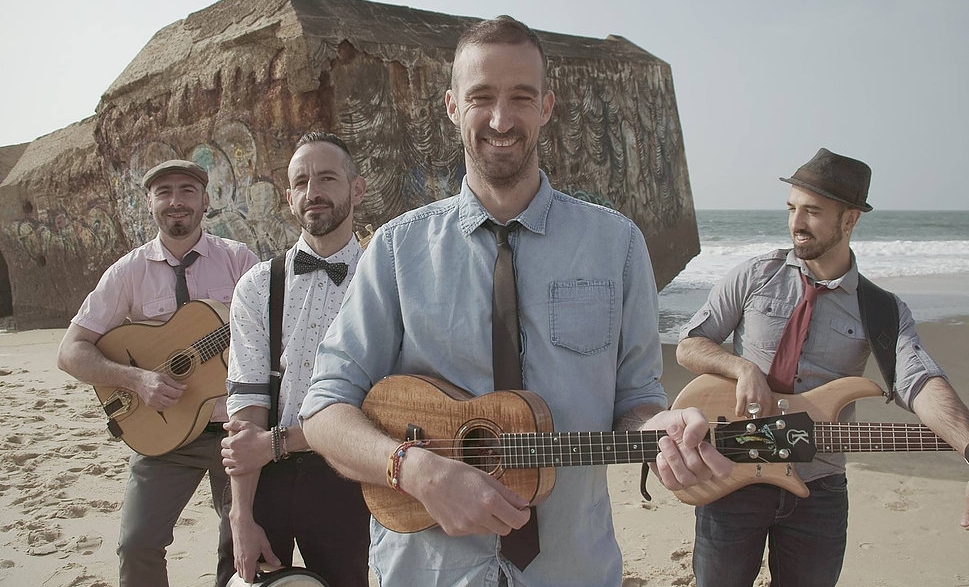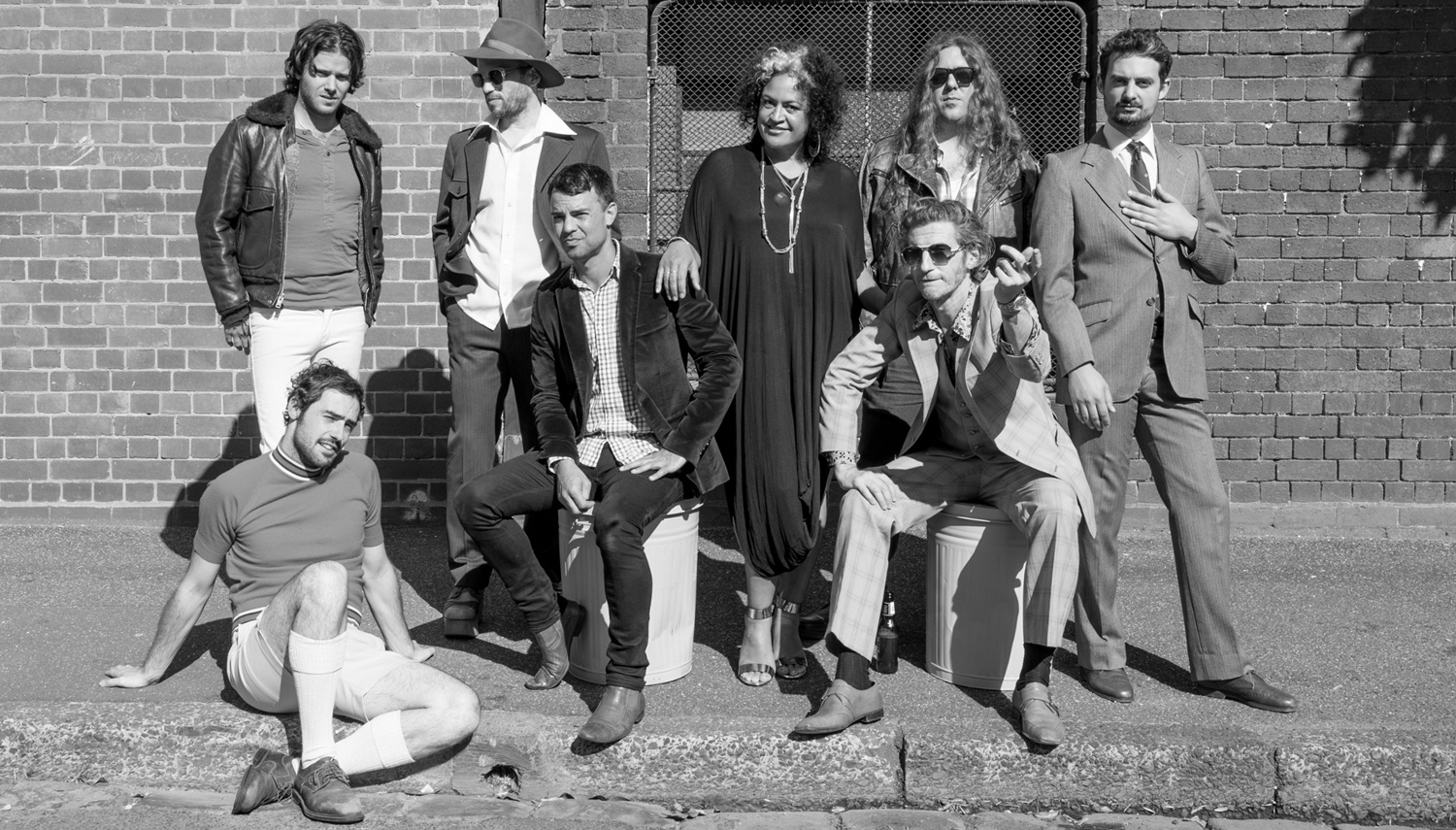The instrument is so light, so gracious, so goddamn likeable, that even the odd strum has the power to lift the spirits and swell the heart. Indeed, so beloved are ukes that a music festival dedicated to the four-stringed wonders seems less like a dalliance and more like an essential tribute to an unbeatable sound. The Melbourne Ukulele Festival is one of those events with the power to attract both newcomers and uke veterans alike.
Unsurprisingly, given the rapid expansion in the uke’s popularity, the Festival too has grown and evolved over the years, transforming from its humble beginnings into a massive, citywide celebration. Not only does the event boast a litany of performers, it’s also designed to provide a practical entrance into the world of the uke, and there are a range of classes designed for both those with a passable knowledge of the instrument and those who have never picked one up in their life.
It wasn’t always like this. In the beginning the Festival was a much humbler, smaller affair. “We started a once a month open mic session,” says Festival spokesperson Gail Horsley. “Then [it was] decided that we should expand to a festival. Being a total idiot and having just retired at that point I said, ‘Oh, that sounds fun, I’ll help.’
“That went from a one-day festival in 2010 to the next year when we decided to do a five day festival, taking place at all the major venues,” she says. “Then we realised there wasn’t enough Valium in the world to do that, and we dropped back into a three-day festival. Now we’ve got a formula that suits.”
Said formula now involves a dazzling array of international acts, with this year’s Festival featuring performers hailing from England to Taiwan. Most interestingly, no two musicians making an appearance this year sound even vaguely alike, and the diversity of their sound is stunning testament to the flexible nature of uke music.
Part of that ever-changing sound comes down to the accessibility of the instrument. The simple fact that anyone can pick up a uke means that varied voices and styles can be added to the musical melting pot that is the ukulele community. “The presence of the ukulele in the wider world has grown exponentially,” says Horsley.
“It’s huge, because people who thought they had no interest in music, or no talent when it comes to performing, are learning that the uke is a cheap, quick, easy access to the musical world. It’s opened up the world of music to so many people. It’s a $25 outlay, and if you don’t do anything with it, then it’s wall art. It’s not a big investment. It’s small so it’s really easy to carry. If you’ve got any age or disability then it’s really light.”
For Horsley, the instrument first came into her life over a decade ago, primarily as a way for her to accompany herself while singing intimate shows. “When people say to me, ‘Why do you think the uke has stepped up into that musical vacuum?’ I say, ‘I’m primarily a singer, and there’s only two a capella songs that you can sing without the audience falling asleep.’ I had to have an instrument that I could use to support myself. Obviously it couldn’t be anything complex, and it couldn’t be anything that I blew. I tried guitar and found it distracting. I discovered the uke about 15 years ago.”
To hear Horsley talk about the instrument is to hear someone talk about their very life’s work, and she has a passion for the four-stringed uke that’s in and of itself truly inspiring. “You play it over your heart – literally – and I think that means that you understand the sound in a different way than most other instruments that are played much more externally or much lower down,” she says. “It’s one of the simplest instruments to play. It’s only got four strings, and we’ve only got four playing fingers. What’s the point of having six strings anyway?”
By Joseph Earp







